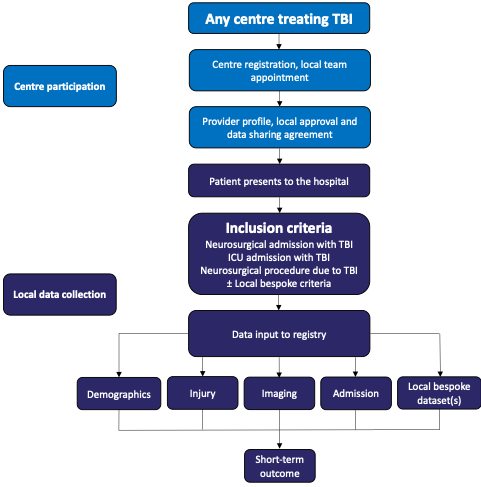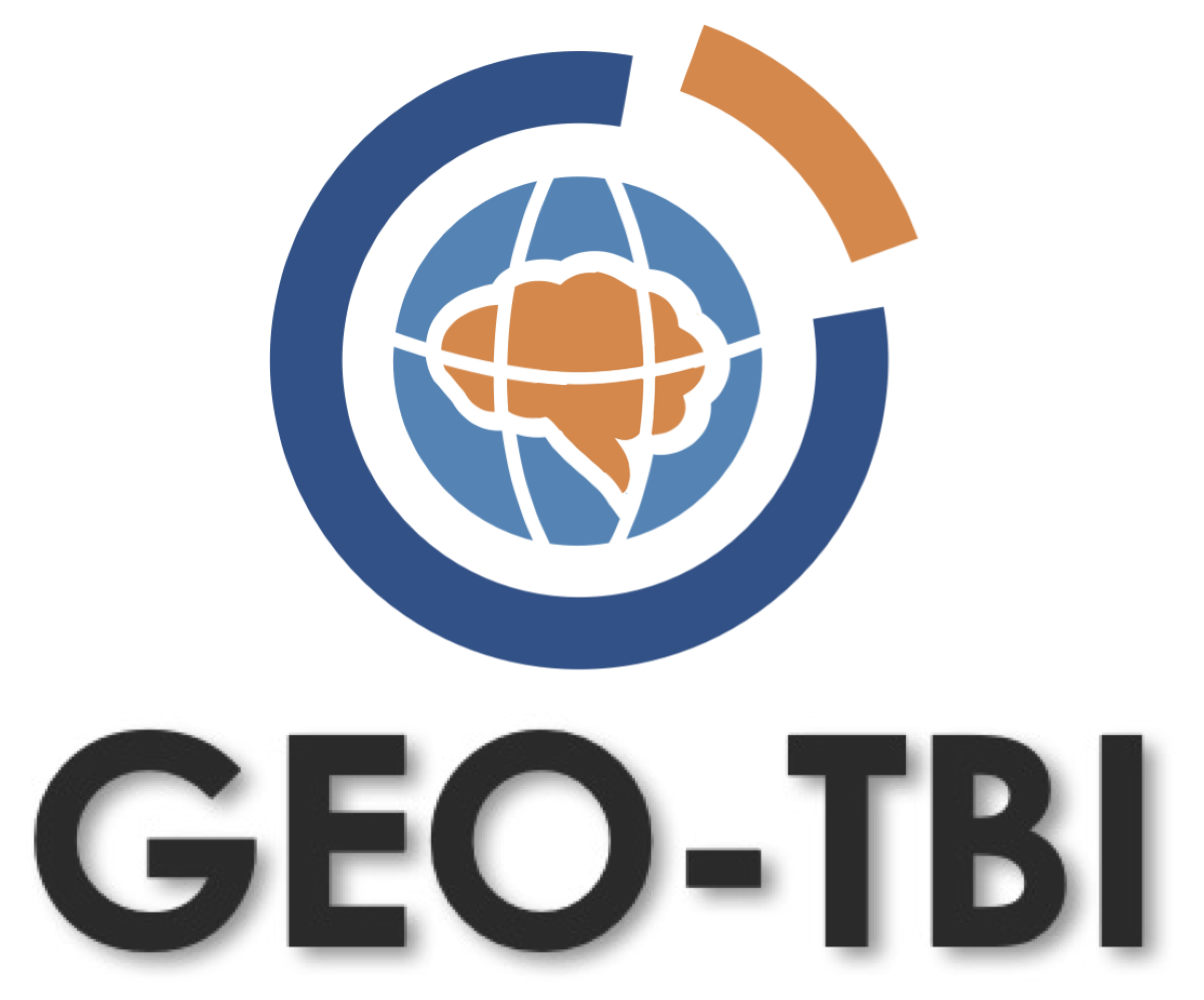Silent epidemic
Injuries cause a tenth of all mortality – and traumatic brain injury (TBI) a third of all trauma-related mortality. Due to its long-standing effects, TBI results in excess mortality, morbidity and significant loss in productivity.
The overwhelming majority of traumatic mortality and TBI occurs in low-to-middle income countries (LMICs). Furthermore, the rise in TBI incidence over previous decades will continue concurrently with increasing populations and ageing.
Problems
The GNOS study highlighted global disparity in TBI management – without systematic data collection, mechanisms underlying these differences will remain unclear.
An accurate global picture of the burden of TBI is required. Systematic and ongoing data collection of TBI patients across all management modalities is needed to achieve this.
Aims
Establish a global neurotrauma registry
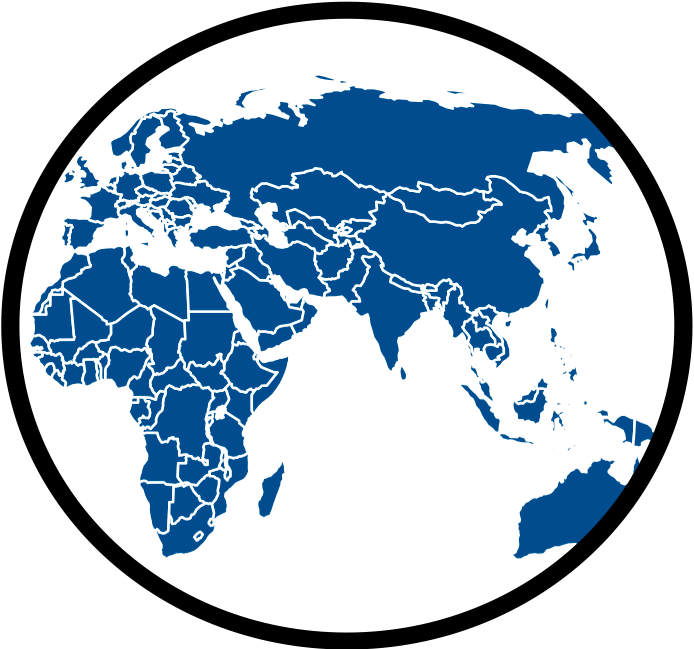
Provide robust epidemiological data to support prioritisation of TBI in health policymaking and research

Enable clinical audit, benchmarking against best practice, and drive ongoing quality improvement initiatives

Connect neurotrauma professionals and enable access to global multi-center data to research tailored hypotheses
Consensus-based registry
The GEO-TBI constitutive meeting was held by the NIHR Global Health Research Group on Neurotrauma in September 2017 and continued in the Lancet Neurology Commissioned Issue on TBI launch event. The neurotrauma committee agreed upon the most pertinent registry variables. A survey with a list of proposed registry variables was distributed to the neurotrauma community worldwide.
In total, 156 professionals from 53 countries including both LMICs and HICs participated in the establishment of the GEO-TBI registry.
Using the survey results, a consensus on the aims and dataset of the GEO-TBI registry was formulated.
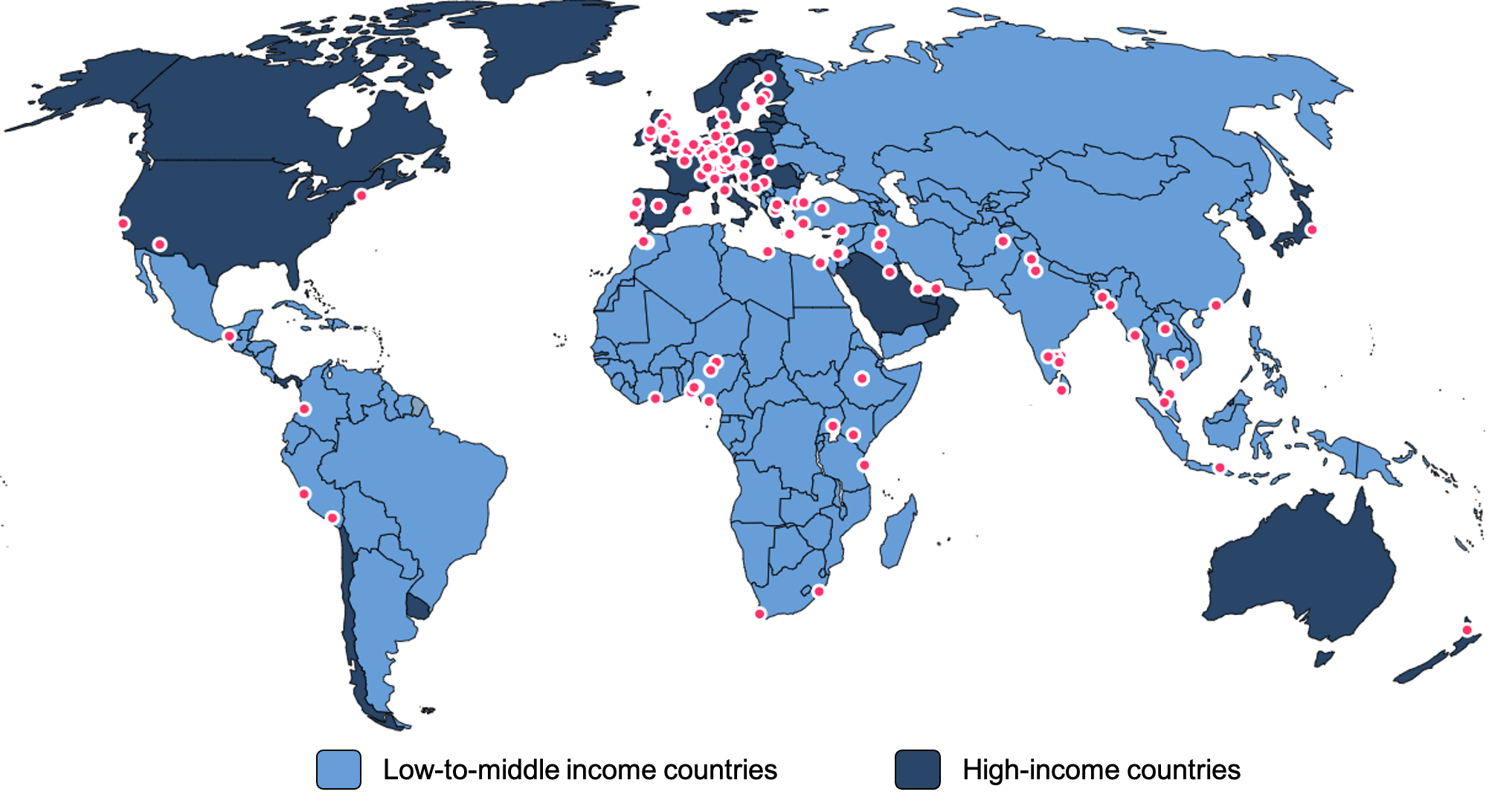
156 professionals from 53 countries participated in the establishment of the GEO-TBI registry
Implementation
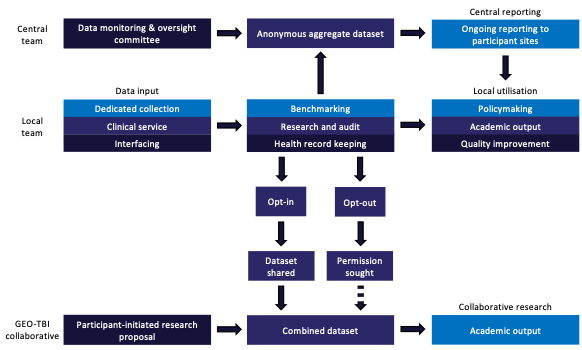
GEO-TBI flowchart
